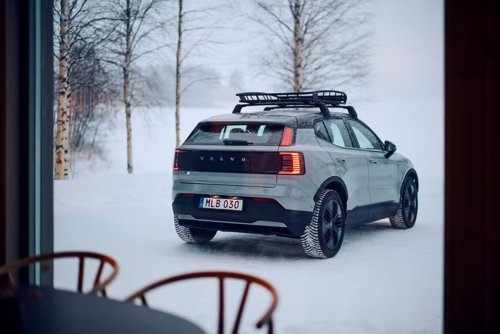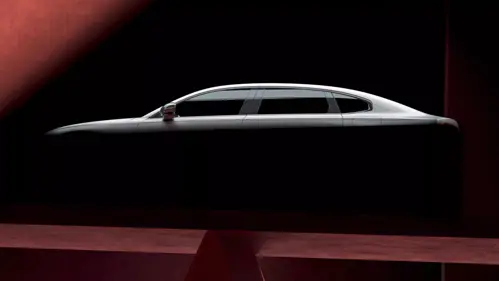Volvo Cars has confirmed it will introduce five new or refreshed models in 2025, followed by another five in 2026.
The Swedish automaker, fresh off a record-breaking year, aims to strengthen its lineup across multiple segments with a mix of fully electric, plug-in hybrid and mild-hybrid vehicles.
Jim Rowan, Volvo Cars President and CEO, stated, “The depth and the variety of our balanced product portfolio is one of our greatest assets. We will expand the lineup of fully electric, plug-in hybrid, and mild-hybrid cars and continue to offer world-class products in all segments.”

The first of the 2025 launches is the EX30 Cross Country, a rugged version of Volvo’s smallest electric SUV which debuted this week.
Another key release is the ES90, an all-electric sedan described as a “flagship model" showcasing Volvo’s latest technology. The ES90 will be introduced in March 2025 alongside the EX90 SUV.

Additionally, a new long-range plug-in hybrid (PHEV) tailored for the Chinese market is in the works, though specifics remain undisclosed.
Volvo has also promised major updates for two existing models, with speculation pointing towards a refreshed XC60, mirroring the recent facelift of the XC90.
Volvo EX60 confirmed for 2026

One of the most anticipated models in Volvo’s pipeline is the EX60, an all-electric SUV slated for a 2026 release. Rowan called it a “game-changer”, highlighting significant progress in its development.
The EX60 will be built on the next-generation SPA3 platform, which promises “enhanced core computing capability” and a more scalable design compared to the existing SPA2 architecture.
Volvo also teased two additional models based on the SPA3 platform, but details remain scarce. Given the flexibility of the new platform, these could span multiple body styles, potentially including a new wagon.
Record sales amid uncertain market conditions

Volvo Cars recorded its highest-ever annual sales in 2024, delivering 763,389 vehicles - a 7.7% increase over its previous record in 2023. The company also posted an operating profit of SEK 27 billion (NZ$4.37 billion), reflecting a 6% year-on-year gain.
Despite these strong figures, Volvo anticipates a challenging 2025. “The global car industry is facing several uncertainties: cyclical, structural, transformational and geopolitical,” Rowan cautioned.
He emphasised the need for discipline, stating, “We must be prudent, diligent and disciplined during a turbulent 2025, while paving the way for our long-term ambitions.”
With a robust product roadmap and a focus on electrification, Volvo aims to navigate the market’s turbulence while continuing its long-term transformation.





